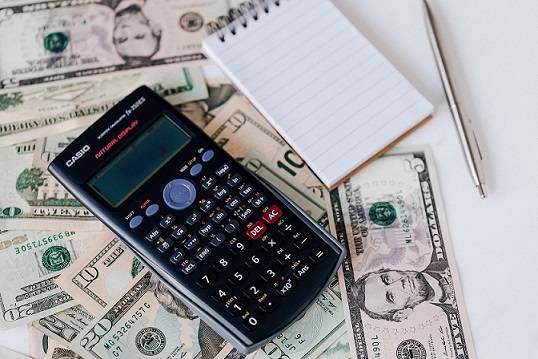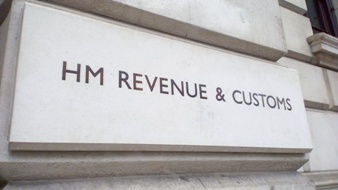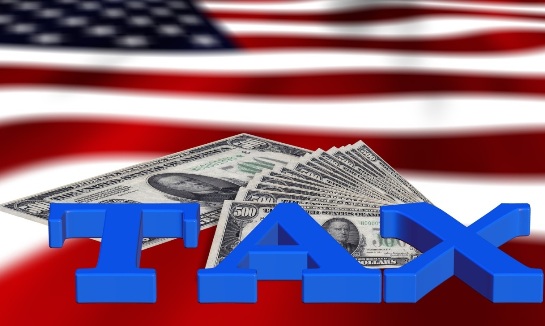Director Duties and Liabilities under the COVID-19 Era

January, 2021
Author: Jessica Chak
Hong Kong has recently announced its plan to revive a corporate rescue bill that was first proposed in 1996. Unlike Singapore, as well as England and Wales, Hong Kong does not currently have a provision for insolvent trading though there is for fraudulent trading.
Under section 275 of the Companies (Winding up and Miscellaneous Provisions) Ordinance (Cap.32), when a company goes into liquidation and it is discovered that the director of the insolvent company had knowingly carried on the business of the company with an intention to defraud creditors or for a fraudulent purpose, the director may be found to be personally liable without any limitation of liability for all or any of the debts or liabilities of the company as the court may direct. In addition, the director may also incur criminal liability, which consists of a fine and/or jail sentence. The court may also impose a disqualification order against any director who knowingly commits fraudulent trading with a maximum disqualification period of 15 years. A director with a disqualification order cannot act as a director of any company incorporated in Hong Kong within the disqualification period.
As a general rule, directors owe their duties to the company as a whole and are to act in the best interests of the shareholders. However, in the case where a company is insolvent or its financial position is at risk, the director will also be under a duty to take into account the interests of creditors of the company. The reason for this is that creditors of the company are entitled to company to satisfy their debts in priority to those of the shareholders.
It is also important to note that, where there are different groups of creditors, the directors of an insolvent company are obliged to consider the interest of the company’s creditors as a whole. Thus, directors may be in breach of their duties if they:
- Favour a particular creditor over another creditor without believing that it benefits the interest of the creditors as a class; or
- Knowingly cause the company to pay its assets to a particular creditor.
It is uncommon for directors to be sued by its stakeholders for breaching director duties in regards to insolvency trading, such a breach is usually being discovered when a company goes into liquidation and it is the liquidator who will commerce proceedings against the errant directors. The liquidator may also be entitled to claim for equitable remedies to restore the company to the position it was in prior to the breach of duty, for the benefit of the creditors as a whole.
To summarize, directors may be in breach of their duties if they favour a particular creditor over another without the belief that the position will benefit the creditors as a class. Even with the absence of a statutory insolvent trading regime in Hong Kong, directors can be held personally liable if they knowingly carry on the business of the company with intent to defraud creditors or for a fraudulent purpose.

















